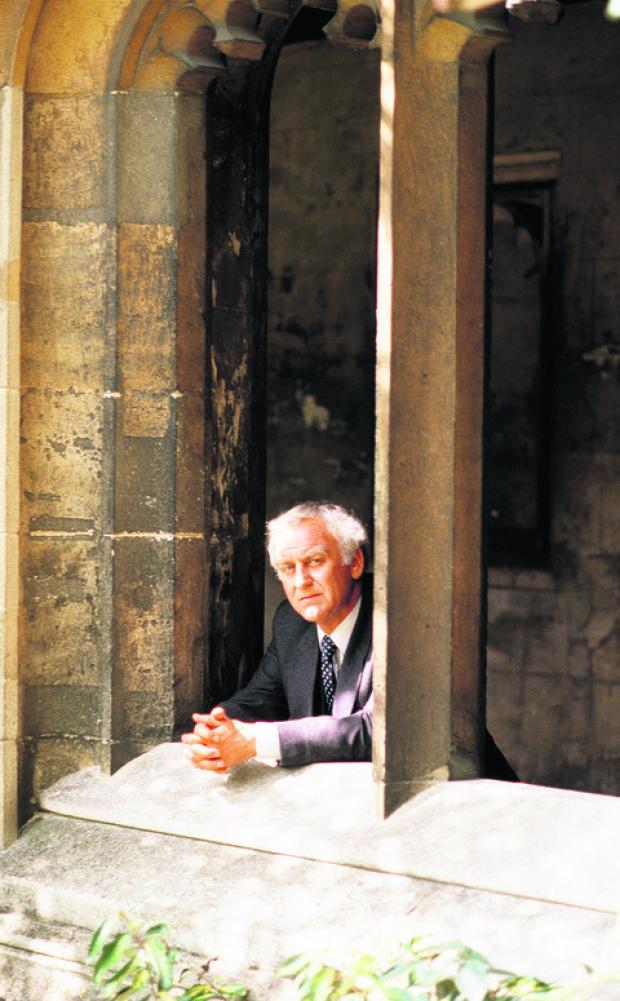"Beauty is truth, truth beauty" is a line written by romantic poet John Keats. Being a Christian and having a philosophical bent, I'd always thought he meant the truth is beautiful, but as Doug McKelvey points out in
this terrific article over on the Rabbit Room, he meant just the opposite. It means that if a thing is beautiful, it is the truth. If it makes me feel good, it is good.
McKelvey's article challenges the idea that art can be meaningless, an outpouring of pointless emotion. Instead, he declares the Christian belief that there is intrinsic meaning in everything, that that idea extends even to abstract art and stream-of-consciousness writing. It's also harder to do right, but it's worth it. Because, after all, if...
If things meant something, if art incarnated ideas and if ideas had consequences, if truth was not the same as beauty (at least not in the way that Keats believed it), then I was responsible for the impact of the things I made and therefore had need to be sensitive and discerning. It wasn’t enough just to spin evocative, poetic phrases that were fragments of no greater whole. This was a holier vocation than I had imagined.
Meaningless art is just the easy way out. As a writer who spends a lot of time crafting, and, as Hemingway said, "getting the words right", this affirmation of the try-again-and-again-till-it's-just-right approach versus the flash-bang!-inspiration-equals-automatic-product school is refreshing. (Even better, he called it a holy vocation. Cool.)
McKelvey believes that, as Flannery O'Connor said, there are "lines of spiritual motion" in everything, and it is the artist's job to discover them. And it might mean there's a greater romance than the romantics every dreamed. What is it?
Read the article to find out.
Longish




